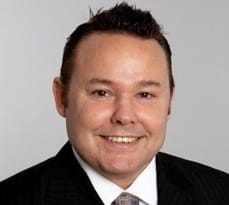
Darrin Disley, chief executive of Cambridge-based biotech company Horizon Discovery Group and a Cambridge Judge Fellow, said that while he supported the UK remaining in the EU, there were still lots of opportunities.
“If you’ve got the innovation, the right links to universities, the right links to industry, the right entrepreneurial environment, the right funding, that’s an outstanding recipe,” Disley said in the article. “The concern is will the government fill the gap in funding?”
Adam Durrant, whose company SATAVIA analyses environmental conditions for the aviation sector, and is now being supported by Accelerate Cambridge, said the British vote to leave the EU raises concerns about science funding from the EU. “It’s probable that the opportunities that existed pre-Brexit won’t exist next year,” he said. “Things are becoming more difficult.”


